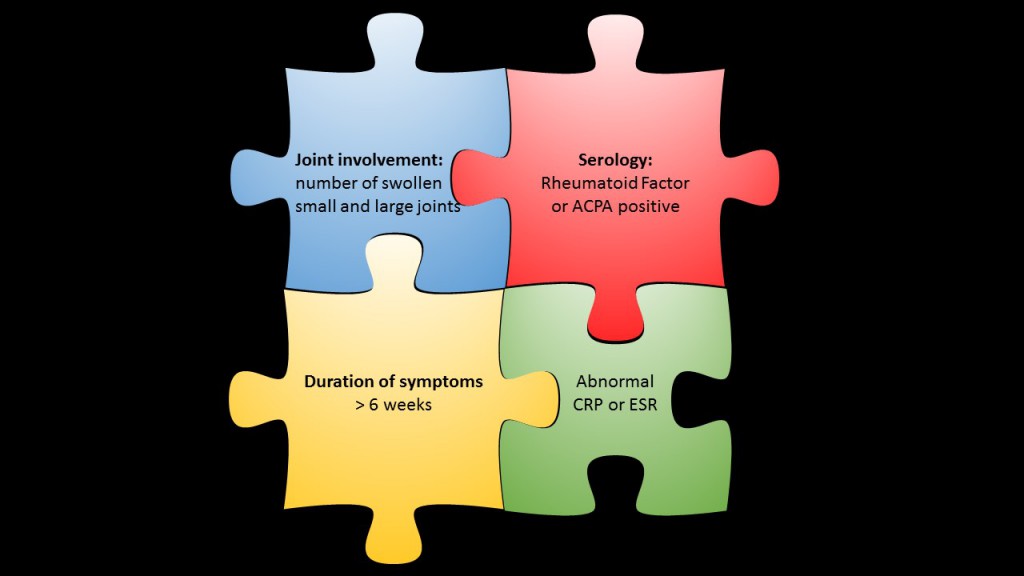Towards Early diagnosis and biomarker validation in Arthritis Management
EuroTEAM Arthritis (Towards Early diagnosis and biomarker validation in Arthritis Management) is a challenging research project, funded by the European Union with 5.77 Million Euro for four years. Clinicians and lab scientists with world class expertise in rheumatoid arthritis research from 13 renowned European research institutions and three industrial partners with competence in design and development of diagnostic test kits for autoimmune diseases, local gene therapy for rheumatic diseases, and human genome analysis join their efforts in the discovery of novel biomarkers for early detection of rheumatoid arthritis. The EuroTEAM members intend to develop approaches to predict the onset of rheumatoid arthritis in people who do not yet have the disease. Ultimately, this will help in the development of treatments to prevent people from getting rheumatoid arthritis.








